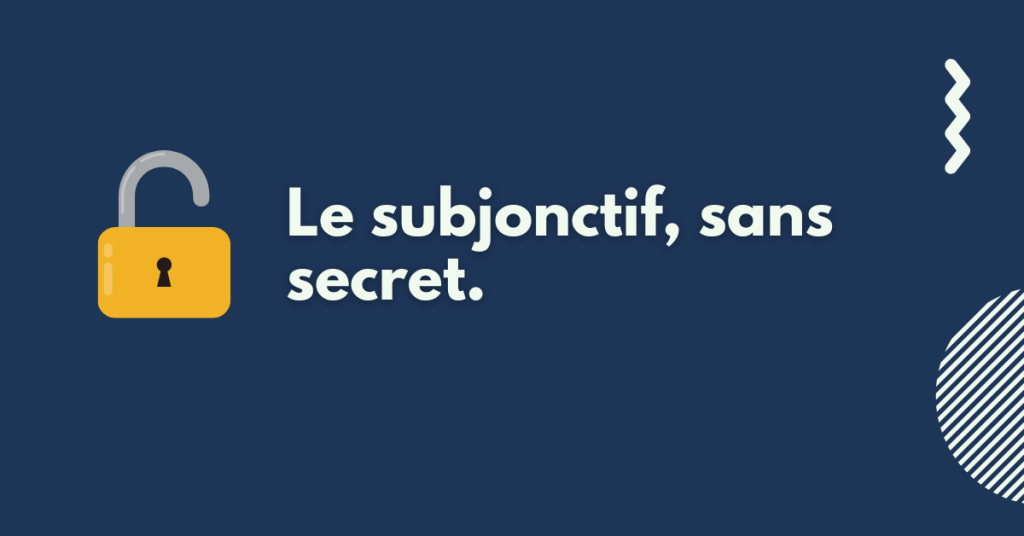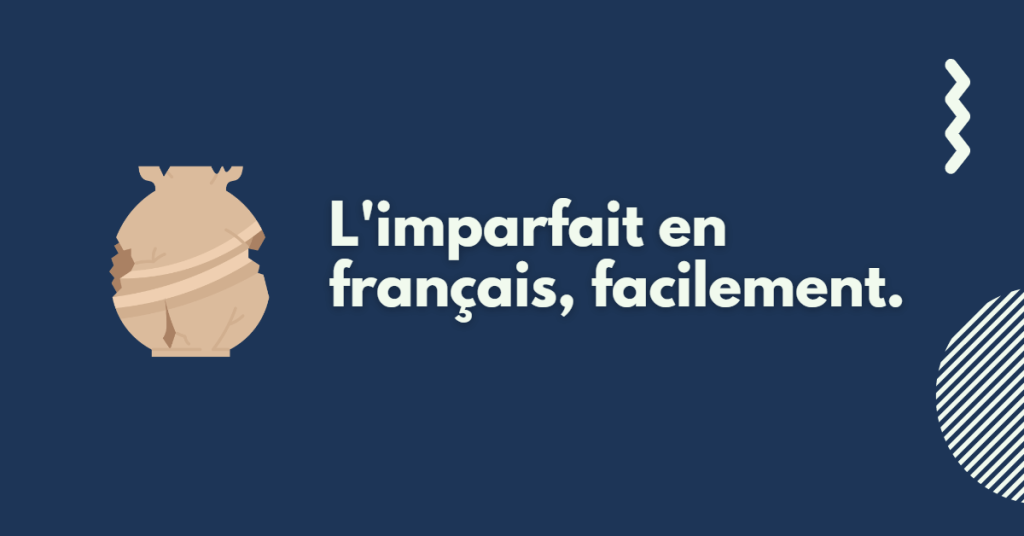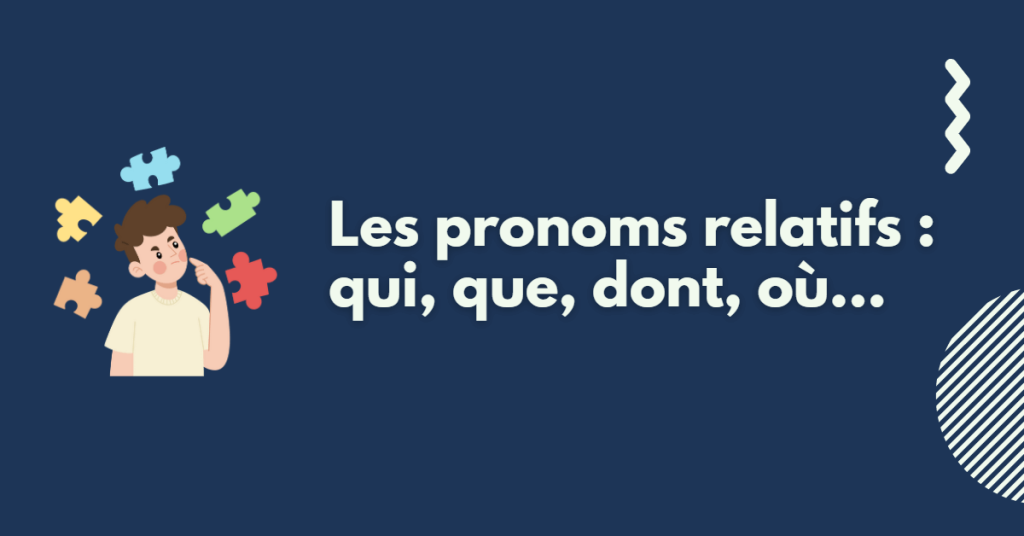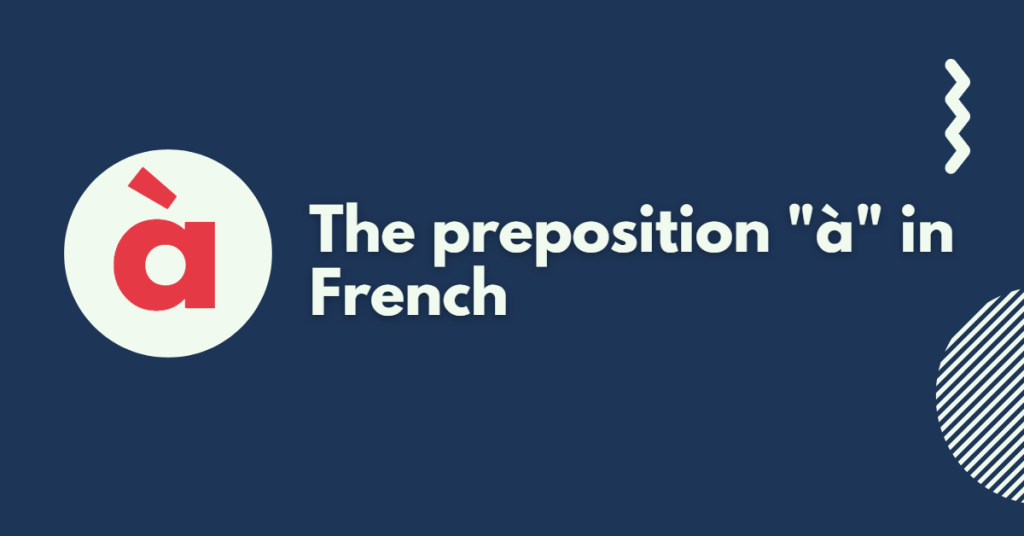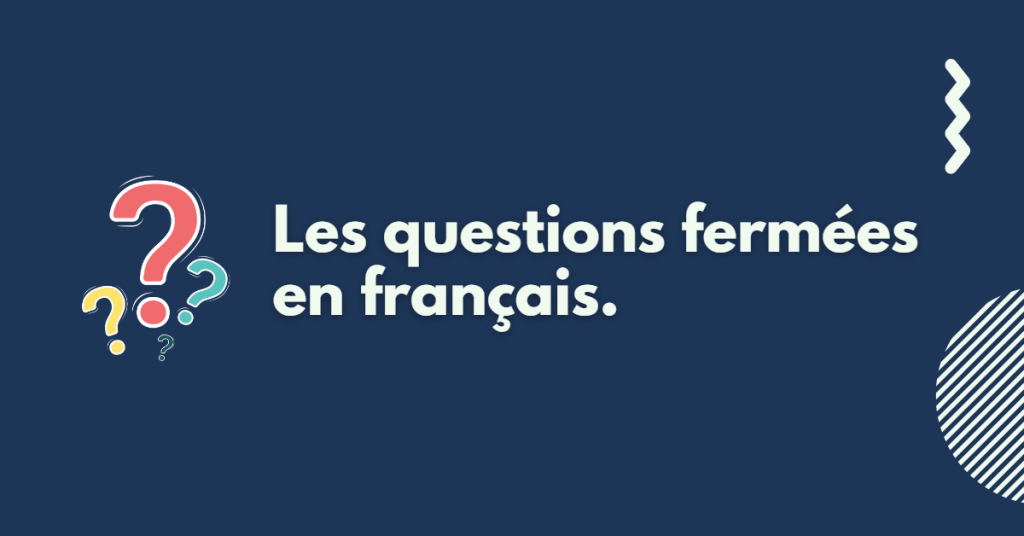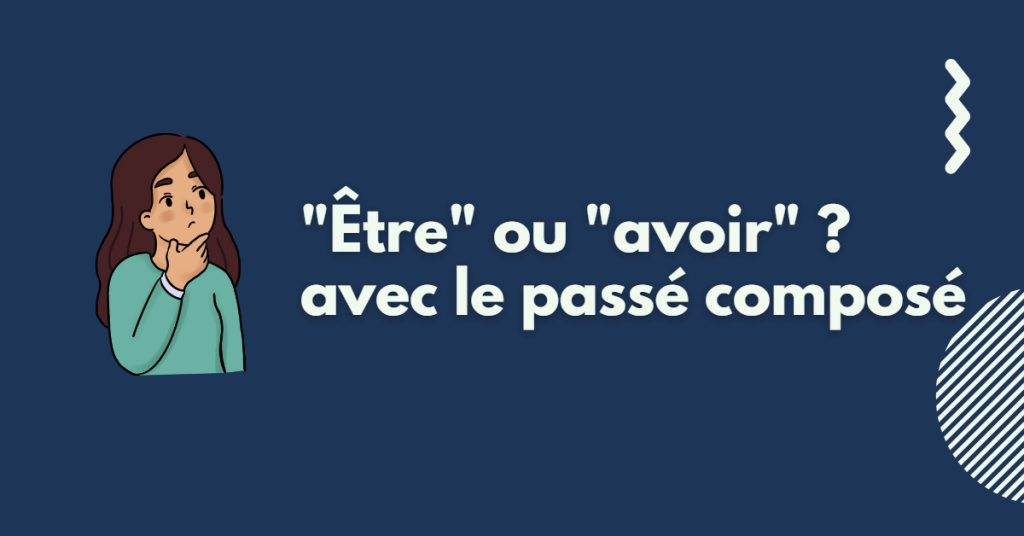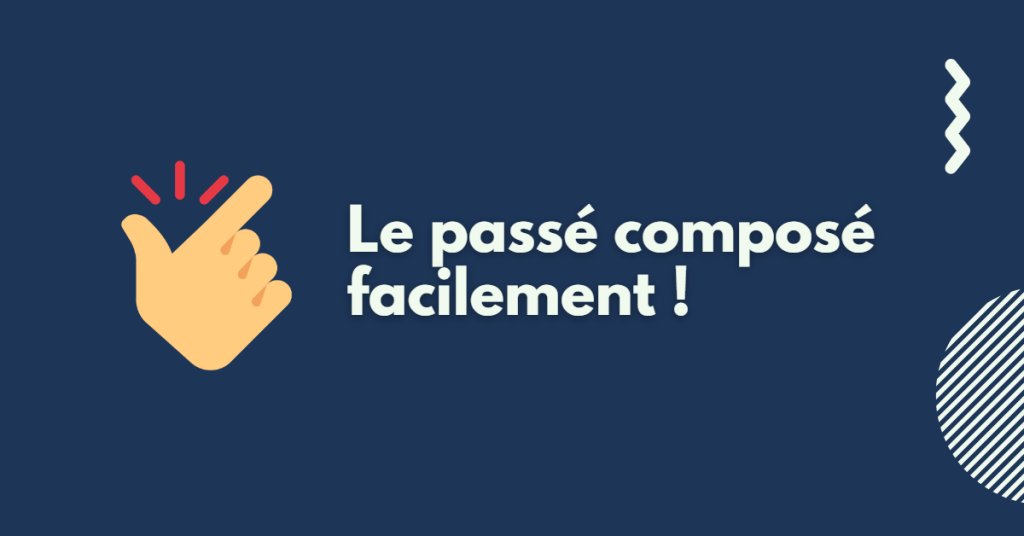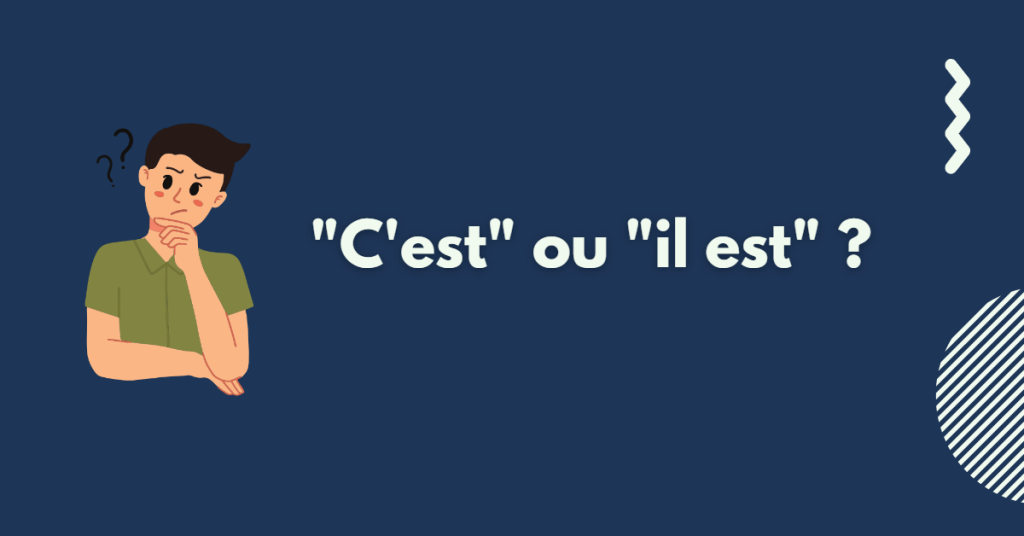The subjunctive without secrets!
What is the subjunctive? You already know it! Usually, you have seen “que tu fasses”, “que je sois”, “qu’il vienne” since you started reading French! The subjunctive is a verb tense and is often seen as something complicated, but with practice it becomes very easy! To put it simply, the subjunctive is a “mode” of […]
The subjunctive without secrets! Read More »

